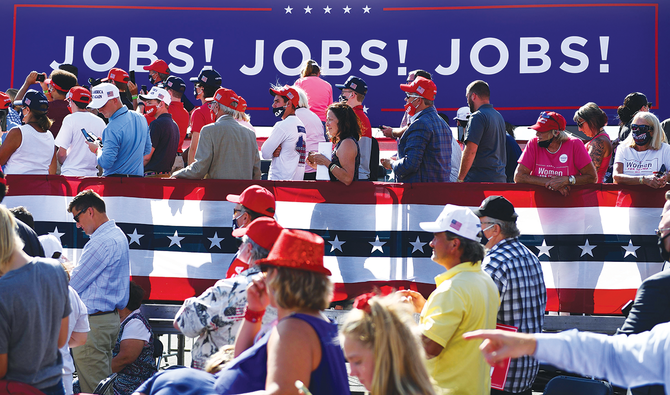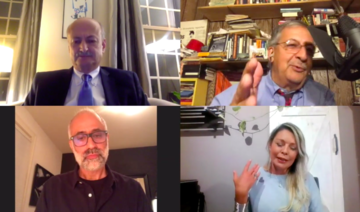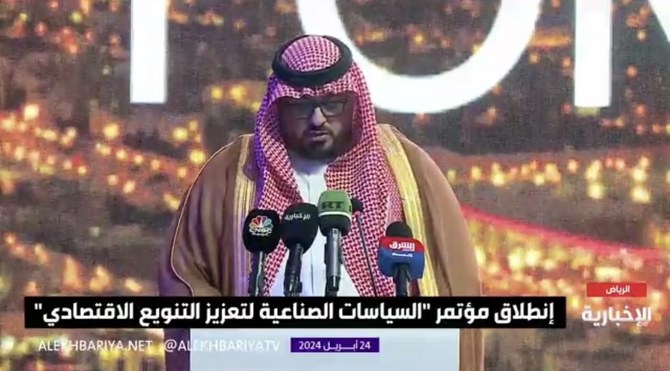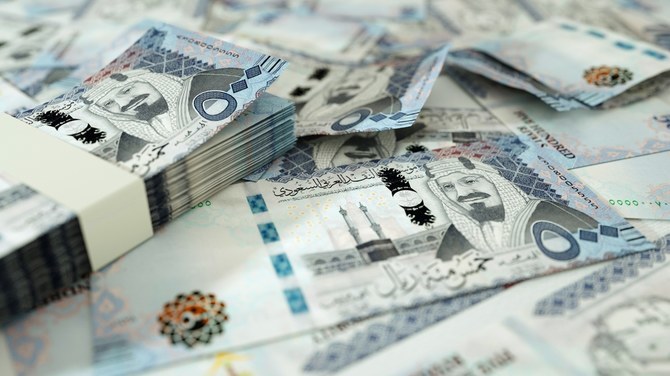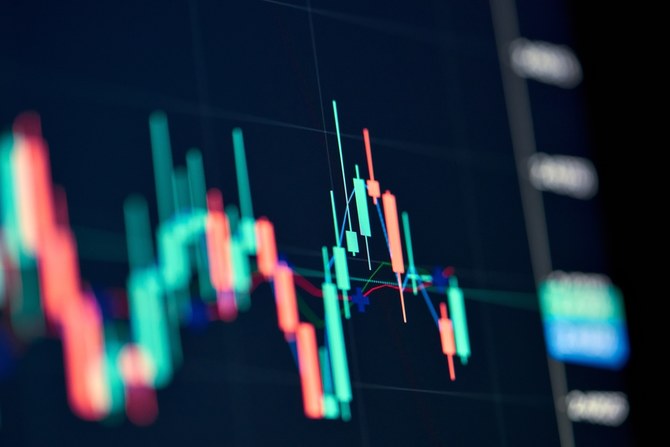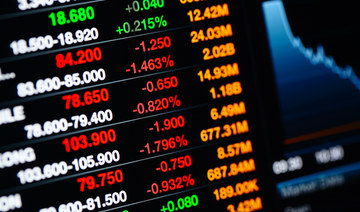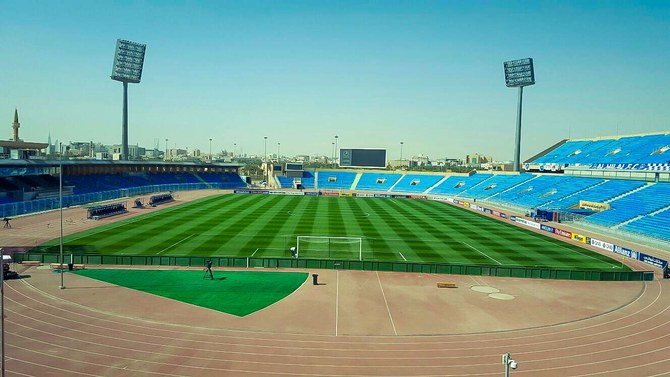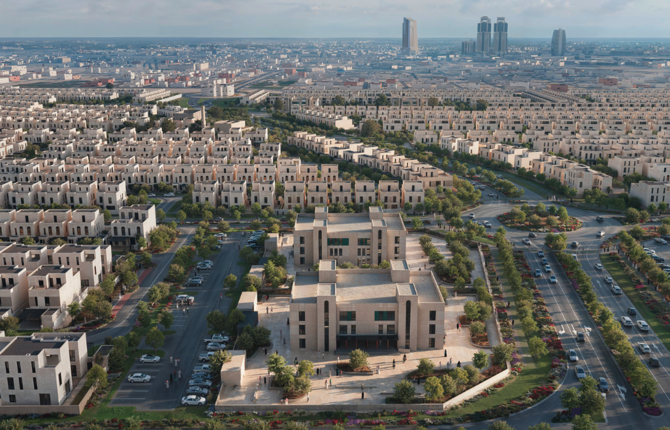WASHINGTON: One US presidential candidate wants to raise taxes, the other lower them. One will pursue an ongoing trade war, the other may throttle back tensions. And neither will get much done without Congress’ approval.
The proposed economic policies of President Donald Trump and Democratic challenger Joe Biden offer starkly different views of the world’s largest economy and its global role, ahead of the tense Nov. 3 election.
Biden’s agenda is aimed at poorer Americans and includes a number of policies that would mark a sharp departure from Trump’s time in office, while building on the policies of Barack Obama, whom he served as vice president.
Trump, by comparison, has offered what analysts complain are few details on his plan, other than a vow to bring back the comparatively good economy and the record low employment Americans experienced until March, when the pandemic ended that.
“I would categorize the Biden plan as really being about an expansion of existing social programs,” said John Ricco, a senior analyst at the University of Pennsylvania’s Penn Wharton Budget Model.
“In contrast, the Trump plan, to the extent that such a plan exists, is ... sort of taking the same themes that the administration pursued in the last four years.”
The extent to which either candidate can get what they want will depend on which party controls Congress, which is currently split between the Republican-controlled Senate and the Democrat-controlled House.
With polls showing the former vice president ahead and many key Senate races leaning toward the Democrats, analysts are cautiously warming to the possibilities offered by a Biden victory — assuming Democrats win the Senate.
“Democratic control of the House, Senate and White House would produce the largest changes in policy, but if Republicans retain the Senate or White House, we expect limited new federal policies, fiscal or otherwise,” JP Morgan said in a note.
Biden’s economic platform has centered on the slogan of “build back better,” with promises of creating jobs via infrastructure and clean-energy improvements funded by $4.1 trillion in taxes over the next decade, most of it levied on big business and the rich.
Trump has vowed to restore what he calls “the greatest economy in history,” the period from his 2017 inauguration up until March; after a decade of economic expansion, unemployment was at a 50-year low.
Polls have shown voters thus far siding with Biden as the US grapples with the world’s worst coronavirus disease (COVID-19) outbreak. Then on Friday the race was upended when Trump reported he had contracted the virus.
The two men’s platforms appear aimed at benefiting different sectors of the economy, said Mark Zandi and Bernard Yaros, economists at Moody’s Analytics.
Biden’s platform is targeted at the poor and middle class, whose “tax bill will remain roughly the same as it is today, but they are significant beneficiaries of increased government spending on education, health care, housing, a plethora of other social programs and a larger economy,” Zandi and Yaros wrote.
A Trump presidency would likely see the extension of tax cuts passed by Congress in 2017, and “the benefits largely go to higher-income households and businesses, while government spending is scaled back on health care and a range of social programs,” they wrote.
If the Democrats manage to take Congress and the White House, Moody’s predicts that full employment, as seen before the pandemic, could return as soon as the second quarter of 2022. If Republicans get the same control, full employment would be restored only in early 2024.
However, Moody’s most likely scenario is that neither Trump nor Biden wins the White House and Congress, and employment is not restored until sometime in 2023.
While much of their economic policies are aimed at winning individual Americans, businesses are eyeing the two candidates’ differing approaches to trade and in particular to China, with which Trump has pursued a trade war.
More than 3,400 businesses from all sectors, including heavyweights like Tesla, Mercedes-Benz, Home Depot and Ralph Lauren, have sued the Trump administration over customs duties on Chinese exports to the US.
A President Biden could reverse those policies, but Ricco points out that he may only go so far.
“Both candidates are envisioning a platform in which there’s a lot more skepticism toward free trade,” he said. “The tools to get there are different.”



